|
The Los Angeles Travel and Adventure Show is an annual event that is highly anticipated by travel enthusiasts looking for inspiration and great deals. Part of the excitement includes the access to travel celebrities but also presentations and panels hosted by different countries. This year, fresh off the closing of the recent Olympic and Paralympic Games, The Government of Japan exhibited at the show and showcased the legacy of TOKYO 2020 by organizing a large booths pace up front and center on the show floor and hosting a stage talk with two gold medalists: Jessica Long, U.S. Paralympics Swimming, and Yuto Horigome, Japanese Olympics Skateboard Team.
Beyond Tokyo 2020 efforts are divided into seven themes to further strengthen the great work already accomplished by Tokyo in hosting the Olympics amid many unprecedented challenges. The different themes are: Achieving a Harmonious and Inclusive Society; Reconstruction/ Revitalizing Regions through Host Towns; Tourism-Destination Country and Japanese Culture; Security and Transportation; Health and Sports; Sustainability; and Operational Model for Large-Scale Events. In fact, Japan was the only country to have a sign language aid onstage during the talk with the Olympians at the travel show, holding true to efforts to achieve a harmonious and inclusive society.
Both Long and Horigome shared the individual experiences of participating at the Olympics, their win in their respective sports, and the splendid facilities offered in Tokyo for sportspeople, including all pandemic-related safety and health measures. Both praised the Japanese authorities in offering local and international teams a home away from home as this edition of the games was held without the large crowds and groups of supporting family and friends cheering them on due to COVID regulations in the country. But local volunteers and the general public more than made up for that with their hospitality. Other highlights at the Japan booth included the diverse initiatives undertaken toward the recovery of areas affected by the Great East Japan Earthquake in 2011, including the hosting of competitions in affected areas and the provision of foods from affected areas at Athletes' Village cafeterias. "Host Towns" were designated during the games, aimed at regional revitalization by exchanging activities between local municipalities throughout Japan and participating countries/regions in varied fields, including sports, culture, and economy.
The exhibits at this year’s Japan booth displayed videos and panels speaking to the legacy of the Tokyo 2020 Games. Prior to the talk by the gold medalists, a video message from Noriko Horiuchi, Minister for the Tokyo Olympic and Paralympic Games. The Tokyo 2020 Games, which for the first time marked the second hosting of the Olympic and Paralympic Games by the same city, created a legacy of achievements that people can show with pride to future generations. Both Olympians shared a few minutes of their time for an exclusive interview...
Jessica Long, U.S. Paralympics Swimming
Q. What’s next for you now that you’ve won gold? A. Just enjoying the moment. With a year’s postponement, we are a year ahead for Paris so just trying to take it all in. This is a really important time to talk more about mental health because it has been a really hard time, that’s what all of us Olympic and Paralympic athletes do, we go from highs to lows to highs, I am just trying to get back into a schedule. I lived away from my husband for a year so that was very hard, but I am still celebrating, and everything will start picking up again later this year to prepare for Paris. And I don’t want to be just good, I want to be great and continue to lead my legacy with the Paralympic movement just to see how far I can go. Q. When will you be back to Japan next? A. I love Japan, I’ve been there three times. I don’t know when, but we do this thing called the world series once a year, so I hope they have Japan host it next year.
Q. How were the facilities for practice in Japan?
A. It was incredibly clean. One thing lot of us swimmers always worry about is not having enough towels and there were plenty. It’s such a silly thing but you don’t want to pack a ton of towels and then you can’t wash it. There were moments where I’d be swimming in the pool and a lot of it was recycled, they were going green with some of it, but man, this would have been really, truly, such a great Paralympics if my family was here, but I also knew they were watching and just being adaptable is important especially with what we all went through. Q. Were you able to interact with any of the Japanese sportspeople? A. I met a lot of great competitors. When we go to a new place, Team USA tries to learn the language, so ‘hello, how are you, thank you’ and just being kind, giving lots of pins out, making sure all the Japanese volunteers knew we were being appreciative. We want to hold ourselves to a high standard and say thank you and be respectful. Q. Any culture shocks experienced while in Japan? A. No culture shocks but something fun and cute…I love how out of respect you bow to each other. When I first went to Japan, I learned how to bow. When I got back to the US, I did it at Starbucks. The guy gave me my coffee and I bowed to say thank you!
Yuto Horigome, Japanese Olympics Skateboard Team
Q. What are your plans next now that you’ve won gold in Tokyo? A. Paris and another gold medal! Q. How are you training differently for that? A. Skateboarding is not just about the Olympics, it’s part of street culture as well. So, practice-wise, not something particularly different but I want to continue with street culture and keep recording what I do there, which is different from a nice, clean park like in the Olympics. Q. This time the Olympics was in Japan, next time it will be in Paris. How do you feel - will that be a challenge or a benefit to compete in another country and not your own? A. Hometown is different because I had lots of sponsors, friends, and support and I got the gold medal. For next time, I want to be more prepared and be more goal oriented. Q. Does you mentor anyone younger? A. Now that the games are over and skateboarding has become popular in Japan as well, now he wants to mentor kids and have his own exhibition to do that. Q. If not skateboarding what would you be doing? A. Skateboarding taught me a lot, not just manners and respect but everything, I cannot imagine doing anything else! Here’s wishing both the Olympians the very best for the future and congratulating Japan on a commendable job hosting both the Olympics and the Paralympics this year!
0 Comments
Leave a Reply. |
|
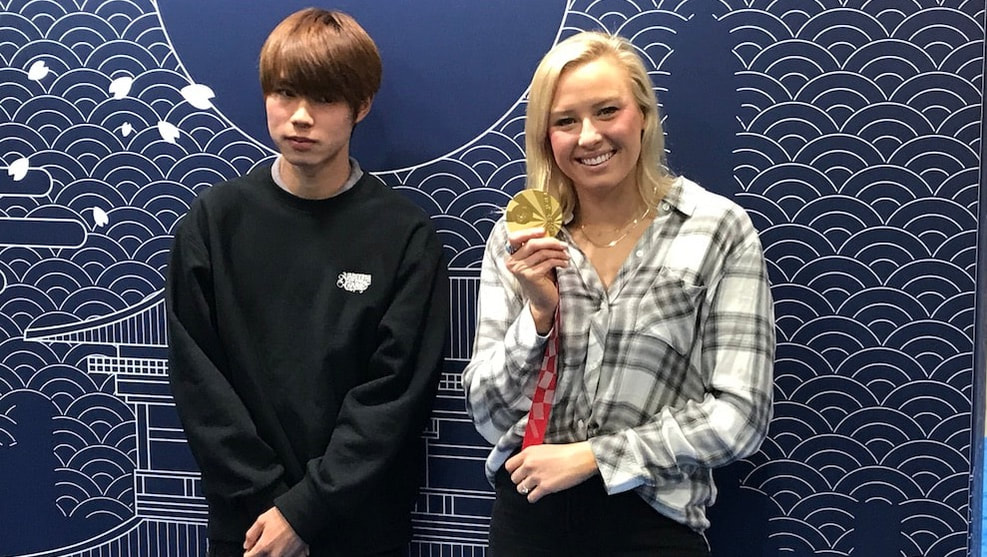
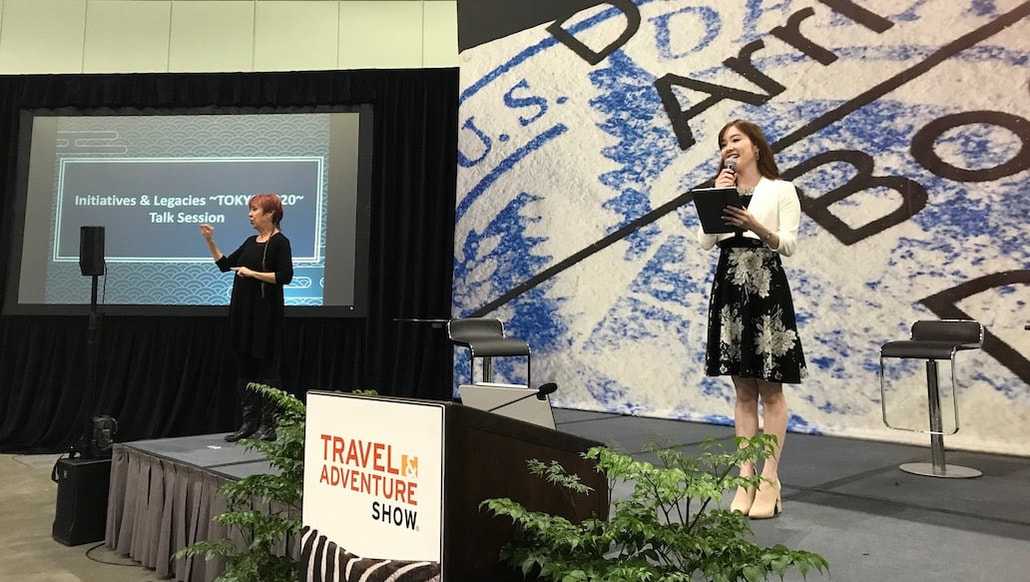
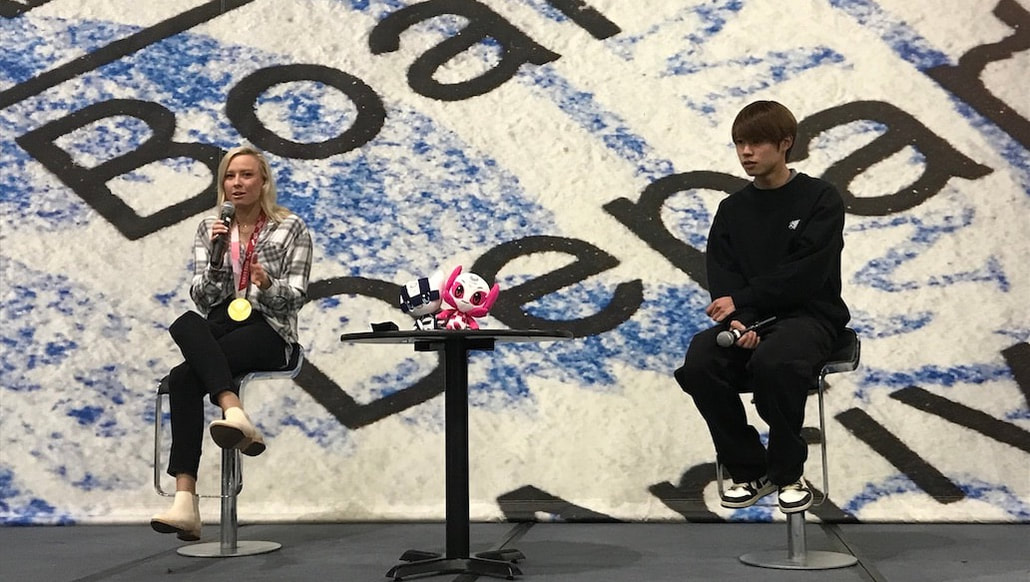
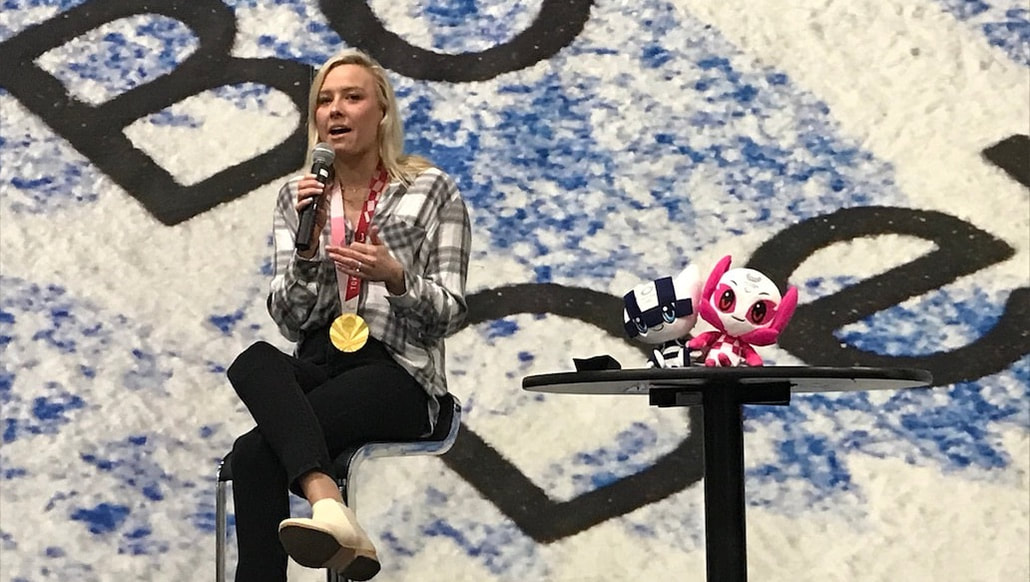
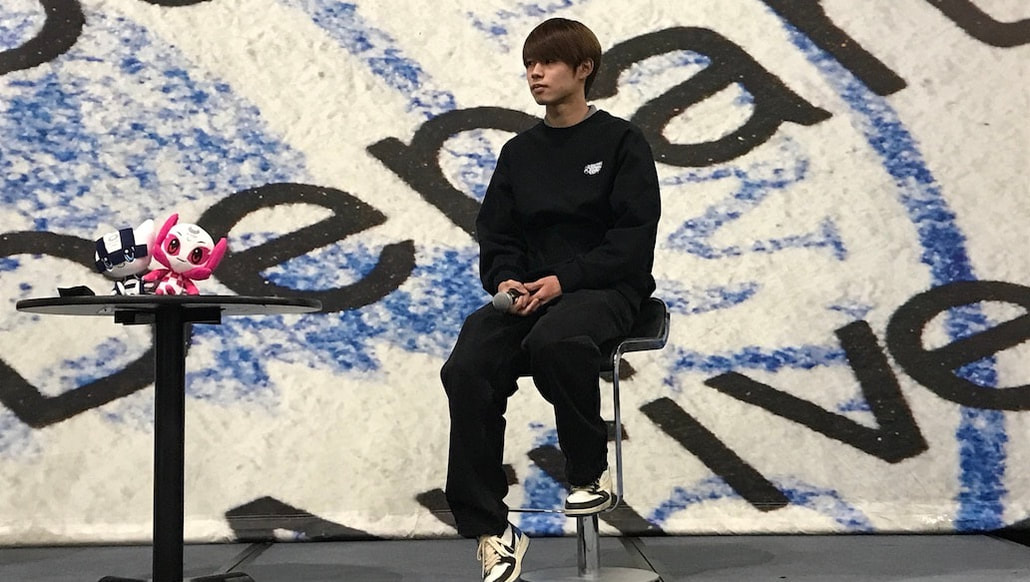
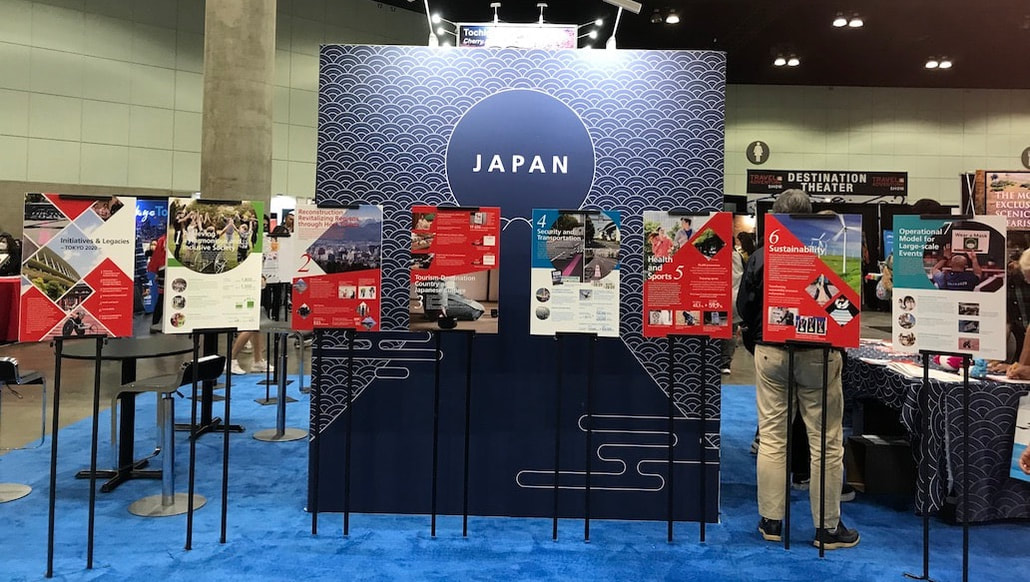

 RSS Feed
RSS Feed